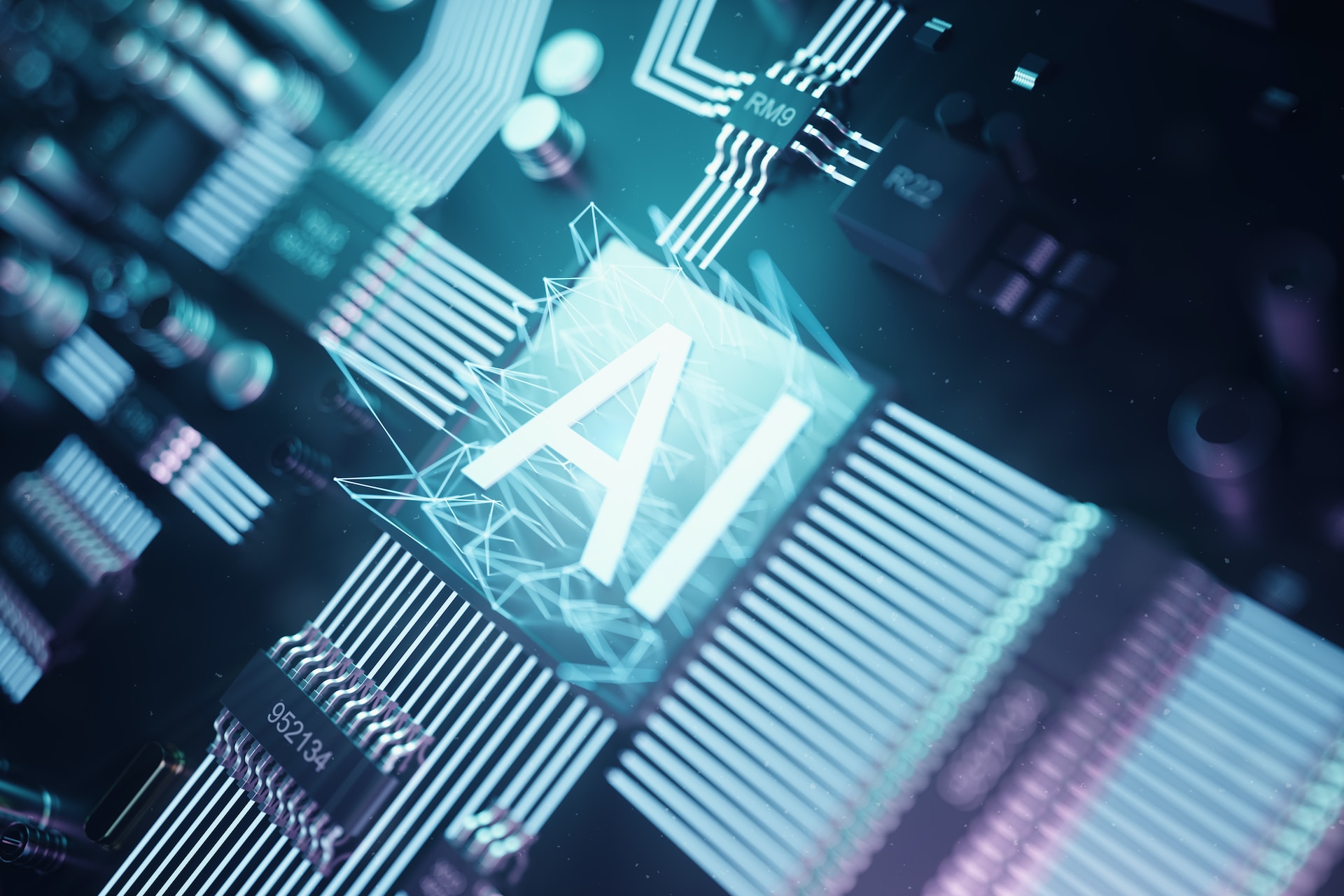In this article, we explore how artificial intelligence is transforming various aspects of our society and discuss the ethical challenges and opportunities it presents.
The Future of Artificial Intelligence: Challenges and Opportunities:
At the crossroads of technological innovation and human imagination, artificial intelligence (AI) has emerged as one of the most significant advances of our time. Its impact extends across all spheres of society, from healthcare and manufacturing to education and entertainment. As AI becomes deeply embedded in our daily lives, an intriguing duality emerges: ethical challenges and unprecedented opportunities. In this article, we will explore how artificial intelligence is transforming our society and examine the challenges and opportunities that accompany this journey into the future.
The Transformation of Society through AI:
AI has demonstrated unparalleled potential to optimize processes and improve efficiency in various fields. In medicine, more accurate diagnoses and personalized treatments are possible thanks to machine learning algorithms that analyze large sets of medical data. In manufacturing, AI-driven automation streamlines production and reduces costs. In education, virtual tutoring systems provide students with an adaptive learning experience, meeting their individual needs.
Ethical Challenges on the Horizon of AI:
As AI becomes a driving force in society, deep ethical questions arise. One of the most prominent challenges is automated decision-making. AI algorithms make decisions based on historical data patterns, which can perpetuate existing biases and discrimination. Additionally, data privacy and security become critical as more personal information is used to train AI systems.
Automation also raises questions about the future of employment. As routine tasks are taken over by machines, labor restructuring becomes inevitable. Society must face the challenge of training workers for more creative and complex roles.
Unlimited Opportunities for Innovation:
Despite the challenges, the horizon of AI is filled with exciting opportunities. The collaboration between humans and machines could catalyze unprecedented scientific and creative advancements. AI systems can accelerate research in fields such as biology, chemistry, and physics, enabling discoveries that once seemed unattainable.
Personalized healthcare is another sphere of opportunity. AI has the potential to revolutionize the way diseases are diagnosed and treated, improving the quality of life for millions of people. Furthermore, AI can enrich the creative process in art and music, collaborating with humans to produce unique and stimulating works.
Forging an Ethical and Innovative Future:
Given the challenges and opportunities that AI presents, it is crucial to forge a future that is both ethical and innovative. Strong regulation is required to ensure transparency and fairness in AI systems. Governments, businesses, and society as a whole must collaborate to establish ethical standards and privacy safeguards.
Education also plays an essential role. Preparing future generations to understand and collaborate with AI is fundamental. Encouraging skills such as critical thinking, problem-solving, and digital ethics will allow individuals to navigate this new technological paradigm with confidence.
Artificial intelligence is a beacon of promises and challenges that lights our way into the future. As it transforms society in unimaginable ways, it urges us to confront deep ethical questions and embrace unlimited opportunities. By joining forces to address these challenges and seize these opportunities, we can build a future where AI is an ally that enriches our lives and propels us toward new frontiers of innovation and growth. The question is how to address them, with a threefold approach: first, ethical limits (which, by the way, as we have seen in recent years within the main players of technological development, need to be governed by parameters set by authorities that have the power to enforce them); second, not to halt the development of technology as a driver of progress, but to focus on what is truly positive, which will require much work not only from national authorities but also from international organizations; and finally, third, whether through self-regulation or regulation, to ensure that technological development mitigates its potential negative aspects, such as its impact on employment, privacy, and even the controlled management of generative artificial intelligence and the likelihood of its autonomous development.






0 Comments